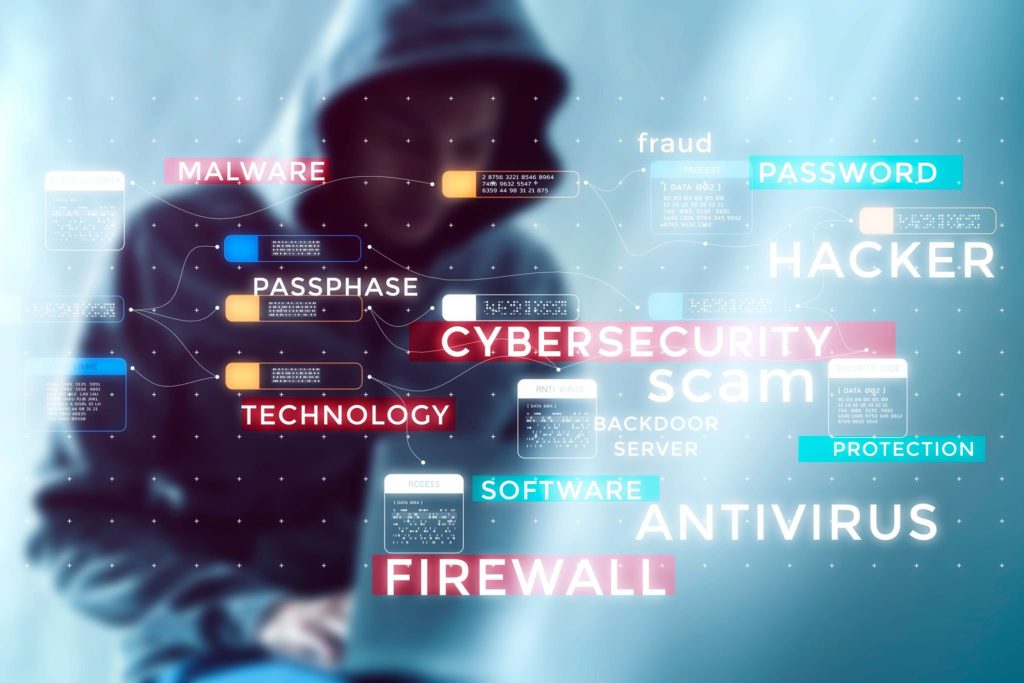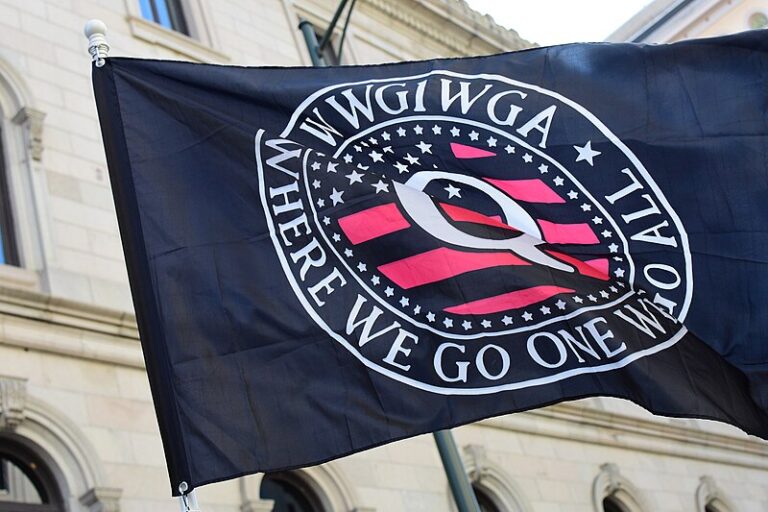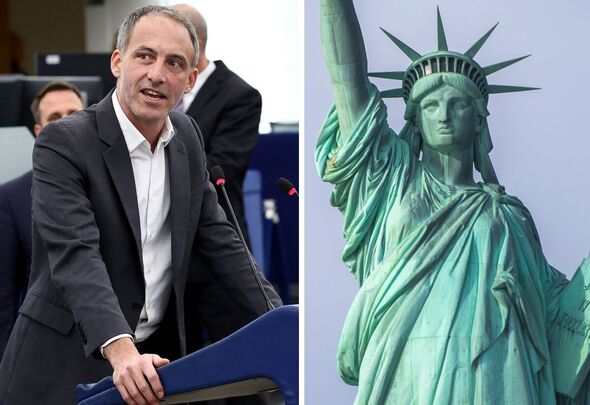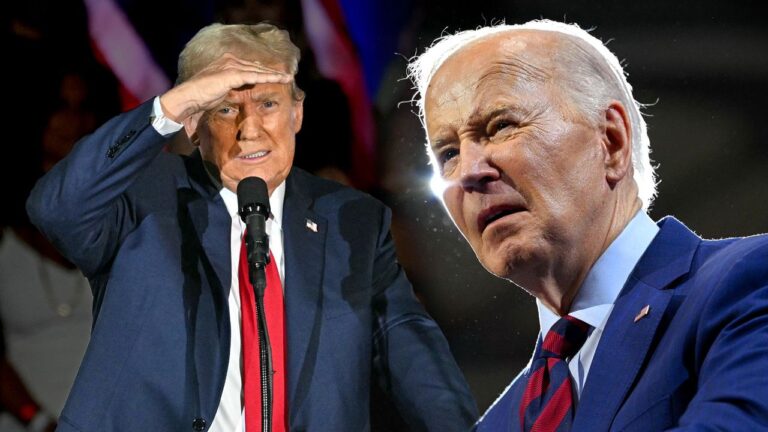
2025 will be remembered as the year when the world discovered the terrifying extent of government surveillance. A shocking whistleblower leak revealed that multiple world governments had been illegally spying on their own citizens, opposition leaders, and even international allies. The scandal led to mass protests, political resignations, and urgent legal reforms. But how deep does this cyber-espionage operation go? Let’s uncover the details.
1. The Leak That Shocked the World It all started in February 2025 when an anonymous whistleblower released classified documents to global media outlets. These documents exposed:
- Widespread government hacking operations targeting private citizens, journalists, and political rivals.
- Secret tracking programs that collected biometric data, social media activity, and even private messages.
- Undisclosed collaborations between governments and tech giants, raising serious ethical and legal questions.
As the news spread, citizens worldwide were outraged to learn they had been watched without consent.
2. The Political Fallout: Leaders Under Fire The scandal quickly led to political chaos. In the United States, leaked files confirmed that intelligence agencies had been monitoring political activists, sparking mass protests in Washington, D.C. Meanwhile:
- In the UK, the Prime Minister was forced to resign after it was revealed that the government had spied on opposition members.
- France and Germany faced diplomatic tensions after leaked documents showed surveillance of European allies.
- In Asia, multiple officials were arrested for illegally collecting data on private citizens.
This scandal proved that no country was innocent in the global cyber-spying operation.
3. The Tech Industry’s Role in the Scandal One of the most shocking aspects of the leak was the role of major tech corporations. The documents revealed that:
- Several social media companies had secretly provided user data to government agencies.
- Smartphone manufacturers had allegedly built backdoor access for intelligence services to tap into private conversations.
- Some AI-driven surveillance tools were actively being tested on real people without their knowledge.
With trust in tech giants plummeting, several high-profile CEOs were called to testify before government panels, attempting to defend their actions.
4. The Global Response: Protests and Reforms As millions took to the streets demanding accountability, world governments scrambled to contain the damage. Immediate actions included:
- Emergency cybersecurity legislation to prevent mass surveillance abuses.
- Public hearings and investigations into intelligence agencies accused of overreach.
- Criminal charges against high-ranking officials involved in unauthorized data collection.
Despite these efforts, the scandal has left a lasting impact, raising serious concerns about privacy in the digital age.
Conclusion The Cyber Espionage Scandal of 2025 has exposed the dark reality of government surveillance, proving that even the most democratic nations are not immune to corruption. With trust in world leaders at an all-time low, citizens are demanding more transparency and accountability. Will governments learn from this disaster, or will they find new ways to spy in secrecy? Only time will tell.
Stay tuned for more shocking Political Scandals 2025 updates as we continue to expose the truth behind global corruption!






